Premium Only Content
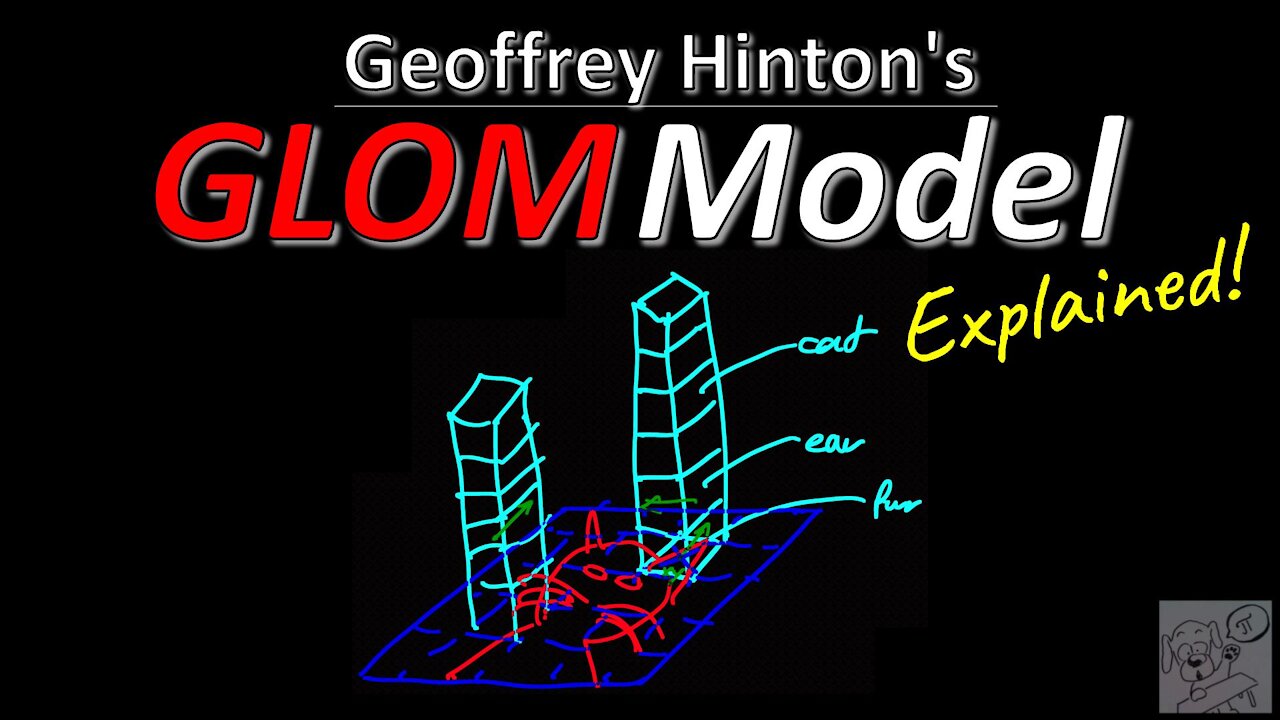
GLOM: How to represent part-whole hierarchies in a neural network (Geoff Hinton's Paper Explained)
#glom #hinton #capsules
Geoffrey Hinton describes GLOM, a Computer Vision model that combines transformers, neural fields, contrastive learning, capsule networks, denoising autoencoders and RNNs. GLOM decomposes an image into a parse tree of objects and their parts. However, unlike previous systems, the parse tree is constructed dynamically and differently for each input, without changing the underlying neural network. This is done by a multi-step consensus algorithm that runs over different levels of abstraction at each location of an image simultaneously. GLOM is just an idea for now but suggests a radically new approach to AI visual scene understanding.
OUTLINE:
0:00 - Intro & Overview
3:10 - Object Recognition as Parse Trees
5:40 - Capsule Networks
8:00 - GLOM Architecture Overview
13:10 - Top-Down and Bottom-Up communication
18:30 - Emergence of Islands
22:00 - Cross-Column Attention Mechanism
27:10 - My Improvements for the Attention Mechanism
35:25 - Some Design Decisions
43:25 - Training GLOM as a Denoising Autoencoder & Contrastive Learning
52:20 - Coordinate Transformations & Representing Uncertainty
57:05 - How GLOM handles Video
1:01:10 - Conclusion & Comments
Paper: https://arxiv.org/abs/2102.12627
Abstract:
This paper does not describe a working system. Instead, it presents a single idea about representation which allows advances made by several different groups to be combined into an imaginary system called GLOM. The advances include transformers, neural fields, contrastive representation learning, distillation and capsules. GLOM answers the question: How can a neural network with a fixed architecture parse an image into a part-whole hierarchy which has a different structure for each image? The idea is simply to use islands of identical vectors to represent the nodes in the parse tree. If GLOM can be made to work, it should significantly improve the interpretability of the representations produced by transformer-like systems when applied to vision or language
Authors: Geoffrey Hinton
Links:
TabNine Code Completion (Referral): http://bit.ly/tabnine-yannick
YouTube: https://www.youtube.com/c/yannickilcher
Twitter: https://twitter.com/ykilcher
Discord: https://discord.gg/4H8xxDF
BitChute: https://www.bitchute.com/channel/yannic-kilcher
Minds: https://www.minds.com/ykilcher
Parler: https://parler.com/profile/YannicKilcher
LinkedIn: https://www.linkedin.com/in/yannic-kilcher-488534136/
BiliBili: https://space.bilibili.com/1824646584
If you want to support me, the best thing to do is to share out the content :)
If you want to support me financially (completely optional and voluntary, but a lot of people have asked for this):
SubscribeStar: https://www.subscribestar.com/yannickilcher
Patreon: https://www.patreon.com/yannickilcher
Bitcoin (BTC): bc1q49lsw3q325tr58ygf8sudx2dqfguclvngvy2cq
Ethereum (ETH): 0x7ad3513E3B8f66799f507Aa7874b1B0eBC7F85e2
Litecoin (LTC): LQW2TRyKYetVC8WjFkhpPhtpbDM4Vw7r9m
Monero (XMR): 4ACL8AGrEo5hAir8A9CeVrW8pEauWvnp1WnSDZxW7tziCDLhZAGsgzhRQABDnFy8yuM9fWJDviJPHKRjV4FWt19CJZN9D4n
-
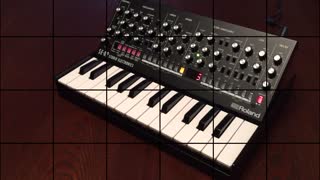 2:02
2:02
matrix12x
4 years ago $0.01 earnedTrack: Neural Network (Roland SE-02)
17 -
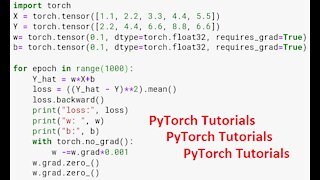 14:35
14:35
The PyTorch Channel
4 years agoTutorial 10: Train a Deep Neural Network using GPU
77 -
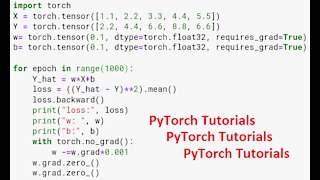 5:27
5:27
The PyTorch Channel
4 years agoTutorial 9: Handwritten digit image classification using a deep neural network model
65 -
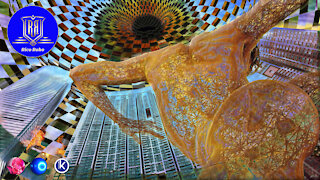 0:57
0:57
Age of Discovery
4 years ago $0.01 earnedAi GOON - Generative Optimistic Neural Adaptive Network Array - Short
334 -
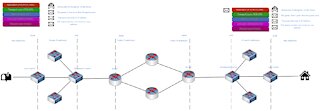 13:09
13:09
JP's Networking channel
4 years agoHow traffic flows through a network
78 -
 1:00
1:00
PsychicreadingsbyAndre
4 years agoDai network
55 -
 0:52
0:52
PsychicreadingsbyAndre
4 years agoHathor network
28 -
 2:29
2:29
Lighthouse Systems, Inc.
4 years ago $0.01 earnedNetwork Security
82 -
 1:53
1:53
Elky
4 years agoNetwork Outages
118 -
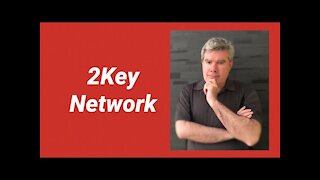 0:46
0:46
PsychicreadingsbyAndre
4 years ago2 key network
41